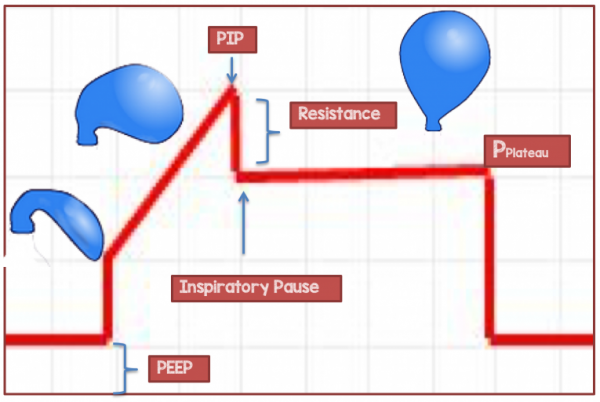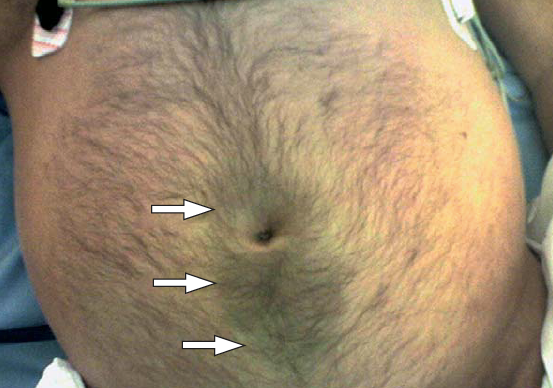Revision Resources
Recent Posts View All
March 2018 FOAMed
Understanding Elevated Lactate

Clinicians are quick to consider sepsis and hypoperfusion/ischaemia as causes of a raised lactate, but slow to include other causes in their differential. Although an elevated lactate has been shown to be associated with worse outcomes in numerous studies, not all causes of a raised lactate are sinister. It’s therefore important to diagnose the cause both to allow the right treatment and to avoid assuming an inappropriately poor prognosis.
Simplifying Mechanical Ventilation – Part I

Mechanical Ventilation is a modality commonly used in the critically ill, but many providers, may not have a strong understanding of the basics. Emergency Medicine and Critical Care Physicians need to have a firm grasp of the basic concepts of mechanical ventilation because without it, we can do serious harm to our patients. Airway management is not complete once the endotracheal tube is placed through the cords, and the proper selection of both the ventilator mode and initial settings is essential to ensure your patient has the best possible outcomes.
Acute Pancreatitis

A focused review of acute pancreatitis, including epidemiology, aetiology, pathophysiology, DDx and treatments.
Paediatric Pneumonia

Paediatric infectious diseases have been a common topic for the PedEMMorsels and rightfully so as kids love to collect numerous viral and bacterial infections (ex, Measles, Flu, Mumps, Omphalitis). With that being said, pneumonia is often the topic of conversation in the Paeds ED and, thus, deserves special attention. We have discussed pneumonia several times previously (ex, Pneumonia Detective, Round Pneumonia, Penicillin for Pneumonia, and CAP), but recently our friends at the Section on Emergency Medicine at the AAP published a easy to follow guide to Community Acquired Pneumonia. Let is take another moment to ensure we are up to date with current recommendations for Paediatric Pneumonia.
Are you sure you wish to end this session?

